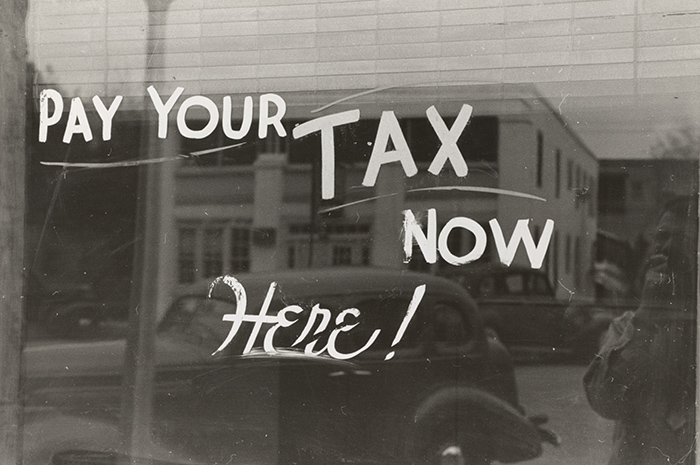There are a lot of changes in the wind that small businesses need to know about in 2020 to stay on the right side of the tax man. Small changes around taxation, reporting and invoicing can have a big impact on the way you run your business, so it’s crucial you get the facts and plan ahead! So what are the key small business tax changes in 2020, read on!
Key changes for 2020:
Expansion of taxable payment reporting systems (TPRS)
Small businesses in certain industries are required to report information to the Australian Taxation Office (ATO) about payments they make to contractors.
While TPRS has applied to the building and construction industry for a while, it was extended to cleaners and couriers for the 2018/9 financial year and now has been further extended to road freight, IT, security, investigation or surveillance for the 2019/20 financial year.
It is important to remember it covers the provision of these services by businesses that may not necessarily identify themselves as industry participants. For example, if a business provides courier services, even if it’s only part of their services, they now may need to lodge a taxable payments annual report each year and include payments to contractors and subcontractors that provide courier services on their behalf.
Talk to your tax adviser to see if you qualify for any of the exclusions and to help you lodge your annual return through the ATO’s online services for agents before the 28 August 2020 deadline.
AUSkey will no longer be available after 31 March 2020
The ATO has announced that the AUSkey system, including the “Manage ABN Connections” service, will no longer be available after 31 March 2020.
AUSkey was a way to send business information to the government online. From 1 April 2020 you will need to use myGovID and Relationship Authorisation Manager (RAM) instead.
It might sound complicated, but the ATO says this new process will be a more secure, streamlined and flexible way to report information to the ATO.
For more information about AUSkey’s replacement visit https://www.abr.gov.au/auskey/your-auskey-replacement.
Continued rollout of single touch payroll
While the introduction of Single Touch Payroll (STP) has started, if you are looking to set up your own small business and will have employees, it’s important that you begin reporting through STP.
STP allows employers to send payroll information including wages, salary payments and superannuation to the ATO, at the same time as their usual pay run.
The intention of STP is to create transparency and guarantee employers are meeting their payroll obligations.
If you have what the ATO calls closely held payees, such as family members working in your business, then you have until 1 July 2020 to start reporting them through STP and you can also choose to report quarterly rather than at the time of their usual pay run.
If you are an existing business which has not yet started STP and does not have an exemption, then expect to be contacted by the ATO. The ATO will also be contacting your tax or BAS agent to encourage you to adopt STP. It is best to adopt STP whilst the ATO is taking a light touch approach.
Use of e-invoicing
Think about moving to e-invoicing. As businesses become more technologically savvy, e-invoicing is becoming the norm anyway. E-invoicing refers to the direct exchange of invoices between a supplier and a buyer’s computer systems.
According to the ATO, Australian small businesses are owed $26 billion in unpaid invoices and 20 per cent of late payments are due to errors on invoices often associated with manually entry.
For a small business, e-invoicing can mean more cashflow and cost savings with the Government paying e-invoices within 5 days.
It is approximately 70 per cent cheaper to process an e-invoice, costing businesses around $30 to process a paper invoice, approx. $27 for a PDF invoice, and only around $9 to process an e-invoice.
It is estimated that e-invoicing will save the Australian economy $28 billion over ten years.
Key changes brought to you by Susan Franks, Senior Tax Advocate at Chartered Accountants Australia and New Zealand (CA ANZ) and Kochie’s Business Builders.
Should you require additional information regarding any of the above changes occurring in 2020, please get in touch with the Team at DGL!

